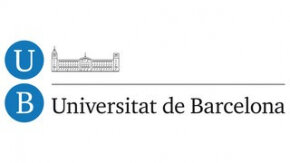Title: Bioelectronics for organ-on-a-chip monitoring
Abstract:
The relation between bioelectronics and microfluidics has allowed in the last 30 years to miniaturize a whole analytical lab on a small chip, performing sample extraction, conditioning, and analytes quantification, or detection, in a simple to use and completely automated microchip.
Organ on a chip try to reproduce tissue microenvironment by engineering geometrical, mechanical and biochemical relevant factors into a microfluidic device including different cell types in a specific three-dimensional (3D) configuration to simulate biological systems with a concrete function. Constant evolution and improvements on microfluidics, bioelectronics, nanobiotechnology and 3D cell culture could to partially close the gap between conventional 2D in vitro cell cultures and animal model-based studies. A step forward in the field of OC technologies is the integration of 3D living cells cultures in microfluidic devices (µFD) together with sensing systems for in situ continuous monitoring. This enables a broad range of possibilities applied to biomedical sciences, impossible to implement using classical techniques. The future of personalized medicine requires to mimic human physiological systems in vitro for drug screening and efficiently treatment monitoring in a fast and reproducible way. In addition, bioelectronics and organ on a chip integration could provide new approaches to address keynote questions in biology and to develop novel dynamic disease models, basically for the pathologies where there are not gold standards tests. In this framework, we will analyse the main challenges and how the integration of bioelectronic devices can be used in organ on a chip to mimic different organs as spleen, heart, kidney or neuromuscular tissues, between others..
Biography:
Josep Samitier is professor of Electronics and Biomedical Engineering at the Department of Electronics and Biomedical Engineering at the University of Barcelona (UB), director of the Institute of Bioengineering of Catalonia (IBEC) Barcelona Institute for Science and Technology (BIST), group leader of the Nanobioengineering group at IBEC and group leader in the Centro de Investigación Biomédica en Red de Bioingeniería, Biomateriales y Nanomedicina (CIBERBBN). He is coordinator of the Spanish Nanomedicine Platform (NanomedSpain), president of the Catalan Association of Research Entities (ACER) and full member of the Institut d'Estudis Catalans. In 2003 he was awarded with the City of Barcelona Prize in the category of Technological Innovation.


